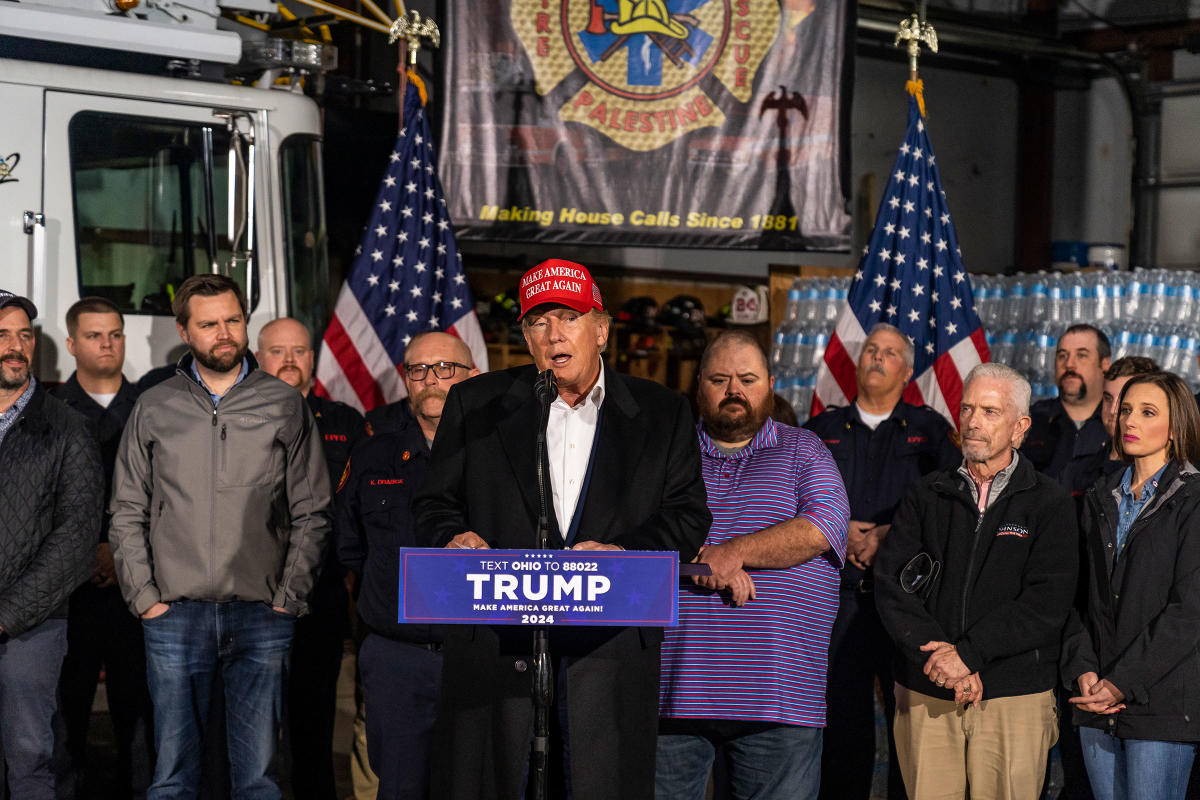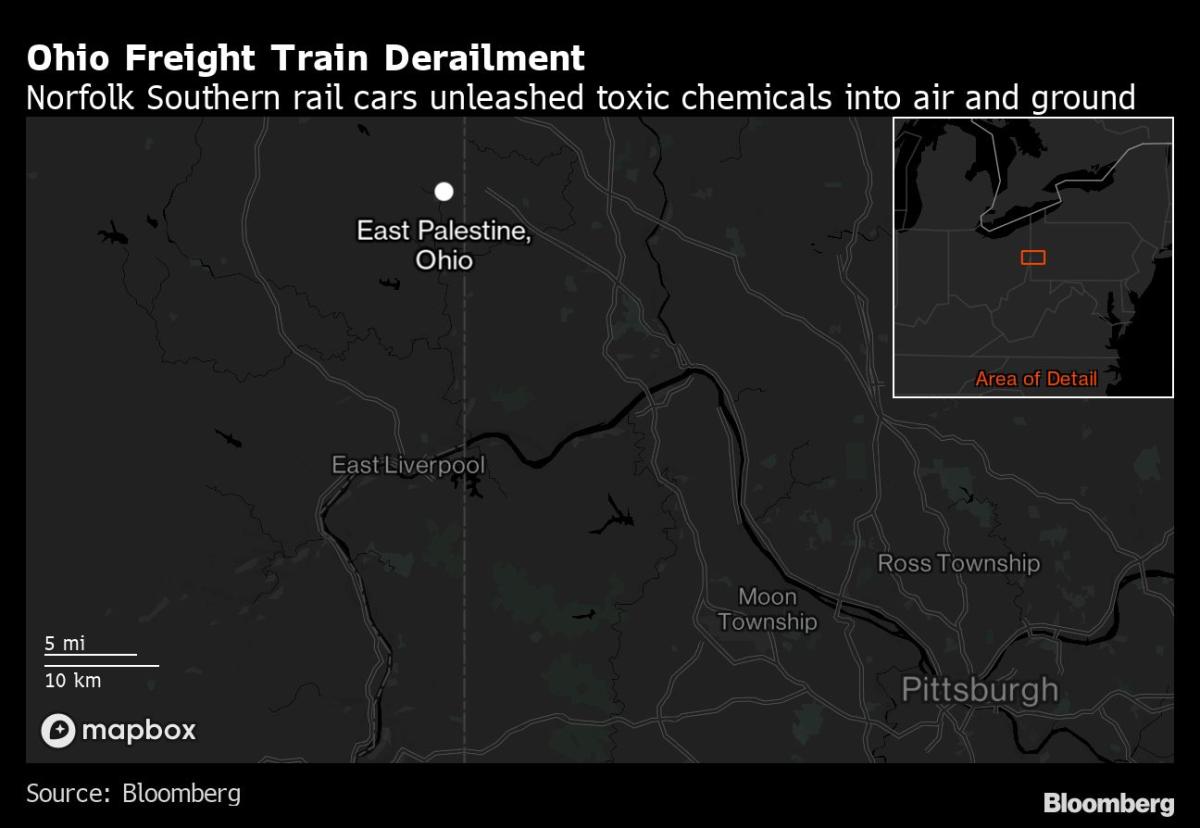Sixties Fan
Diamond Member
- Mar 6, 2017
- 58,664
- 11,122
- 2,140
Quid Pro, is Trump.....who phoned Zelensky asking him to "Just Say that you Have something on Biden"Sure, TRUMP! being there is a political stunt, and it was brilliant. The campaign ads write themselves. You see TRUMP! at the scene of a disaster that impacts thousands of lives and is being handled badly juxtaposed with Quid Pro meandering around 5,000 miles away. There's all upside and no downside for TRUMP! because he's not responsible to fix the disaster, while Quid Pro is.
and I will send you that military help.
The Train Company is the one responsible for fixing what they broke, not the Government.
Last edited:

